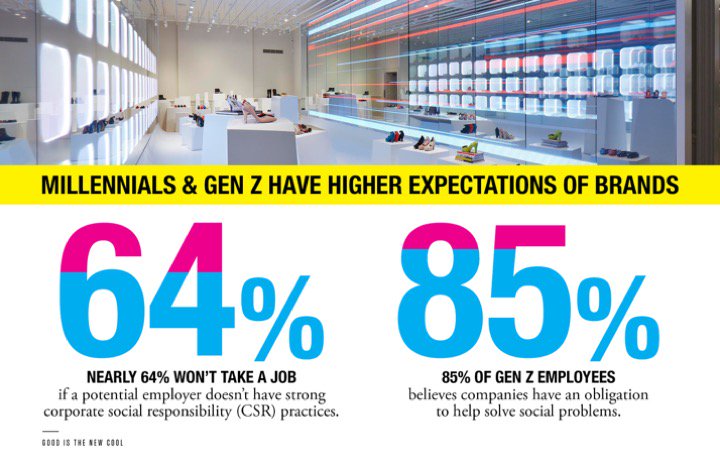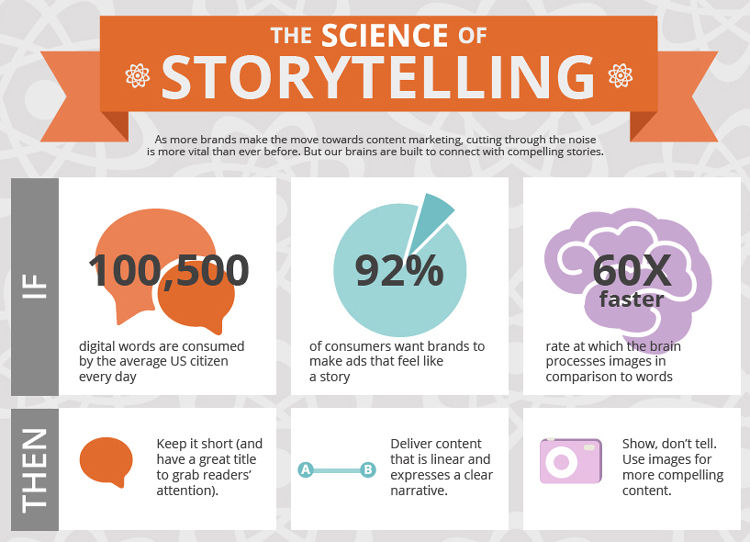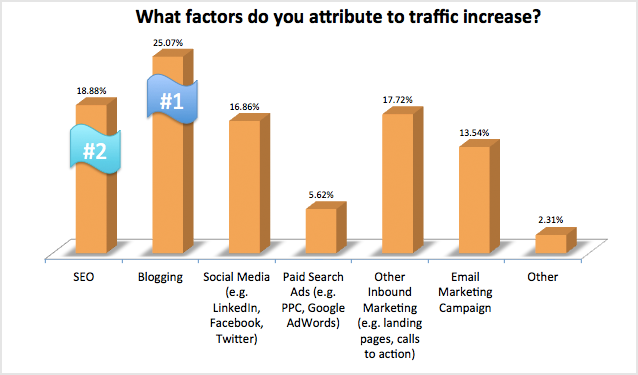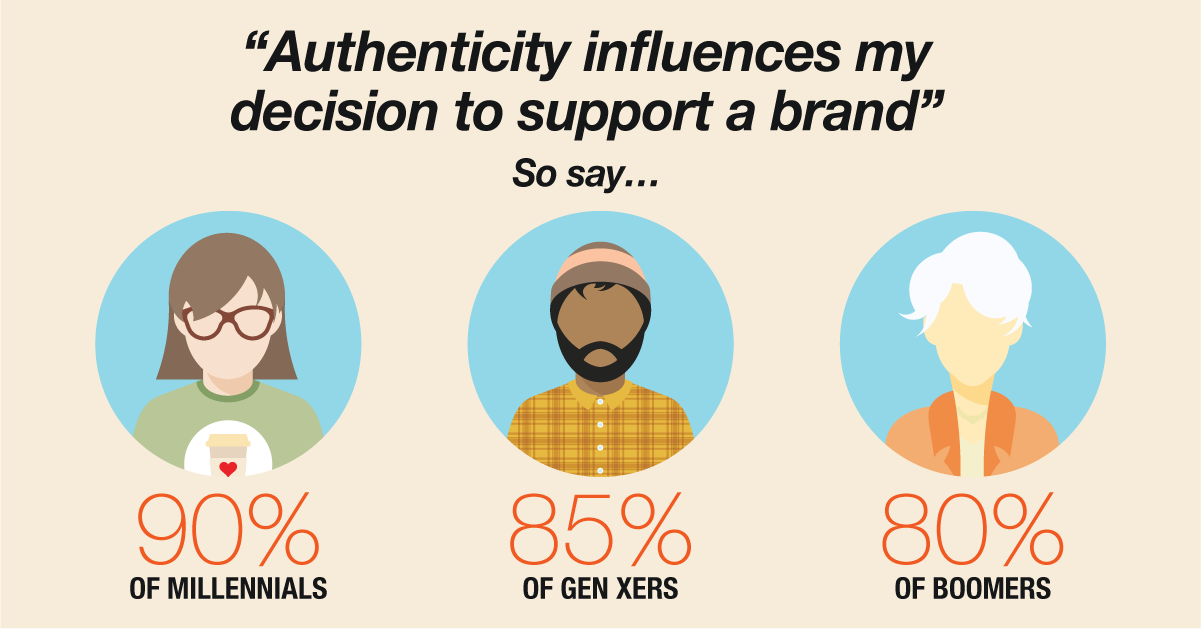Think about this for a moment. In our fast-paced daily lives and routines do we ever stop to consider what we give back to society through our business? Do we have adequate Corporate Social Responsibility (CSR) at all? Is simply providing a good product and service, making a profit, and paying the corporate tax truly enough?
Some may argue that building a successful and sustainable company is enough of an achievement but unfortunately, they may be wrong. Nowadays, people don’t only consider price and quality when deciding to use a product or service.
In the global economy, information about companies and their processes becomes increasingly transparent. And honestly speaking, that is how it should be. Let’s be open, there are some very disturbing examples of how certain companies have operated in the past.
Considering the way in which products are distributed or services are provided that are harmful to users with the only goal of profiting, these practices could easily be called inhumane.
Modern-day consumers show a deeper interest in the way a company functions. They are asking different questions. Does a clothing producer and distributor use slave labor? Is the cosmetics they are using animal cruelty-free? How is food produced? Is a certain company activity destroying the ecosystem of our planet?
An occasional philanthropic activity, used mainly for tax deduction purposes, no longer fools people. Consumers want to see that you genuinely care and have a cause and that you are not just trying to trick them.
If this is not incorporated in your digital marketing strategy you may be missing an essential part of building trust with your clients.
Modern communication channels like social media have skyrocketed the social and environmental awareness of consumers. This is why it is mandatory to have good CSR in place, especially in the financial field where it is all about trust.
Furthermore, it can be used as a key competitive advantage, since many companies are still not utilizing their full potential to stand out from the crowd.
To be able to fully grasp the importance of the topic, let’s first provide a definition.
- What exactly is CSR?
- Why is CSR Crucial to FinTech and Financial Services?
- How CSR is tied to digital marketing?
- Building Trust And Relevance with Your Audience through Blogging
- Best Practices For Creating and Following CSR Policies For FinTech and Financial Services Brands
- So, now you know why it is vital to effectively apply CSR to your Financial Company digital marketing strategy
What exactly is CSR?
Whether or not you are familiar with the term Corporate Social Responsibility and have stumbled upon it throughout your professional career, it is always good to have multiple perspectives. Here is how the Business Development Bank of Canada defines CSR:
“Corporate social responsibility (CSR) is a company’s commitment to manage the social, environmental and economic effects of its operations responsibly and in line with public expectations.
It is part of a company’s approach to corporate governance and often touches every part of the business—operations, human resources, manufacturing, supply chain, health and safety, and more”
Another brilliant definition of CSR is provided by James Chen, the Director of Trading & Investing Content at Investopedia, with over 20 years of experience in the financial industry:
“Corporate social responsibility (CSR) is a self-regulating business model that helps a company be socially accountable—to itself, its stakeholders, and the public.
By practising corporate social responsibility, also called corporate citizenship, companies can be conscious of the kind of impact they are having on all aspects of society, including economic, social, and environmental.”
It is evident that CSR plays a crucial role in the way a brand is perceived. Furthermore, the new generations that are soon going to become the prevailing force in the market. They want to see companies take real action to support their claims, and will not settle for deceitful statements. Here is our proof of that.

We now know why CSR is important in general, so let’s narrow it down.
Why is CSR Crucial to FinTech and Financial Services?
Innovation has been the focus in recent years when we speak about finance. The FinTech industry is developing and expanding at a mind-boggling pace, disrupting traditional finance. Moreover, the Fintech industry is growing at such speed that many changes are occurring daily within the industry itself.
Providing FinTech users with the ability to manage their finance exclusively through digital channels is definitely one of the main advantages. However, social distancing means that companies in the financial services sector must put considerable effort into appearing more humane, trustworthy, and reliable.
Having a strong CSR program is an excellent way to allow your consumers to monitor whether your brand stays true to its values, even through digital channels alone. This is crucial since it helps individuals when deciding to trust your brand and pay for your product or service.
So, how do you measure the importance of CSR for your FinTech company? Since numbers never lie, let’s take a look at a few more statistics that show the importance of CSR in your Fintech or Financial Services company:
- – 87% of Millenials and 94% of Gen Z believe companies should help address critical issues.
- Studies have shown that CSR plays a critical role by defining more than 40% of a company’s reputation.
- Yet 40% of US and UK internet users think that financial service companies should have better CSR policies.
- 53% of young people have purchased from a brand because they wanted to support an issue the company supported.
- More importantly, 67% of the same age group would stop purchasing from a company if that company supported something or behaved in a way that didn’t align with their values.
- Furthermore, 84% of American Consumers say it is important to them that a company supports charitable causes, while 50% of them would switch to a company that supports a cause that they believe in.
To ensure that you meet the apparently ever-growing requirements of CSR demanded by consumers, you must be able to adapt your digital strategy to match these requirements.
To do this effectively let’s examine…
How CSR is tied to digital marketing?
Your online marketing presence is one of the most crucial aspects of your brand image in the 21st century, especially since FinTech is the only marketing channel used in most cases.
It is counter intuitive to use brochures, flyers, banners, or any other real-world obsolete marketing tactics to attract innovative users. And, if your brand doesn’t convey enough trust and authority, your chances are slim to attract and keep your customers.
While this may be a good strategy for short term success, in the long run it will be detrimental when it becomes obvious you are adapting only with the intention to take advantage of a situation. So, avoid brand inconsistency at any cost.
CSR is one of the greatest ways to keep your brand consistent. Why?
It’s simple. It doesn’t only show that your brand stays true to its values. Sharing with your audience the steps you are taking to remain aligned with your CSR policies, is also a great story to tell. And storytelling is a killer marketing tool.

Whether it is something big as building schools, homes and other infrastructure for African children, or simply applying recycling and waste management policies in your workplace, it matters. Even some traditional financial institutions are going paperless, which is a great start.
Your CSR policies should be evident throughout your content. Make them visible, especially if you are taking action and striving continuously to improve. Your audience would love to hear reports regarding the outcomes of your corporate social responsibility program.
So, what is the greatest channel for presenting your CSR efforts to your prospects and clients?
Building Trust And Relevance with Your Audience through Blogging
When spreading the word about your CSR efforts, it is not a good idea to make it sound like bragging. The most effective way to inform people about your campaigns is through inbound marketing channels.
Trying to advertise CSR with outbound, interruptive tactics is like stopping a stranger on the street and saying “Hey, I am the nicest person in the world. Take a look at all the good I did. I am the best, start using my service.”
Doesn’t sound very convincing, does it? That is because it is obvious that you made all that good stuff in the first place to seem like a big deal, and make sales and profit. Not because you genuinely care about the cause.
Inbound marketing, on the contrary, is all about attracting attention in an organic, non-intrusive way. Research shows that blogging is the most effective inbound marketing channel, since it brings the most traffic to companies.

It is amazing because you can craft content that is relevant to your target customers.
Many visitors will visit your blog seeking the solution to a problem they have or to find information about a topic they are interested in.
More importantly, your blog is the best place to post articles about the results of your CSR and to keep your readers engaged. According to HubSpot, the best performing blog post article length is between 2100-2400 words.
Therefore, you can provide your audience with extensive insightful data, ideas, and images about the cause you are supporting and your CSR campaigns. This will truly make you reputable in their eyes. Not only with the evidence of your actions but also because of the effort to collect the data and present it thoroughly.
Best Practices For Creating and Following CSR Policies For FinTech and Financial Services Brands
We are going to share with you the 3 main tips for crafting and adopting a fantastic CSR policy for your financial company.
1. Be Authentic in Your Brand Values – First and foremost, when deciding where to focus your CSR efforts, select causes that align with your brand authenticity. Google is an excellent example of that.
The company is known for its many environmental initiatives. Google has been among the companies with top-performing CSR for many years. In 2018 they even won the Reputation Institute’s highest CSR score.
They achieved this because of their data center that uses 50% less power than other comparable data centers in the world. Furthermore, they committed over $1 billion to renewable energy projects.
Now, imagine Google supporting an organization that disregards sustainable energy and propagates the building of traditional power plants. It will turn to a massive scandal, seriously damaging their reputation, and resulting in a loss of millions for the company.
So, choose your values carefully and stay authentic to them through your CSR policy

2. Create Metrics to Measure Effectiveness – It is important to measure your CSR campaign outcomes. To do this successfully, come up with metrics that you use every time when you assess the results of your efforts. This will help you identify what works and what doesn’t. Then, make any amendments if necessary.
3. Share Your CSR Campaigns with The World – Make the most out of your efforts by posting your campaigns and results on your webpage, blog, and social media. Genuinely speaking about the positive impact, as well as the challenges you faced while implementing the policies, will resonate with your audience and build their trust.
So, now you know why it is vital to effectively apply CSR to your Financial Company digital marketing strategy
You have all the data you need to make a decision about whether to focus on CSR. By ignoring this important aspect you may find yourself in a losing position.
Go further than simply creating CSR policies. Try to live according to them and keep promises whenever you make them. If you succeed in doing this, your Fintech or Financial Services company is on its way to becoming a reputable and sustainable brand.
Thank you so much for reading Building Trust For Your FinTech & Financial Brand: Use CSR As Your Competitive Advantage In The Digital Marketing World. We really appreciate it! If you have any questions about our article, or can suggest any other topics you think we should explore, feel free to let us know.
Be sure to sign-up for our newsletter to receive monthly emails on all of the latest trends and happenings in the digital marketing space. You will also receive our FREE E-Book with the Amazing Marketing Tools for Powerful Business Growth. Sign-up below!
Also, if you received some value out of this article, please share with your friends or colleagues, or leave a comment/question below. We really appreciate you reading our blog and every share/comment means the world to us and allows us to continue producing valuable tools to help you grow your business!






0 Comments